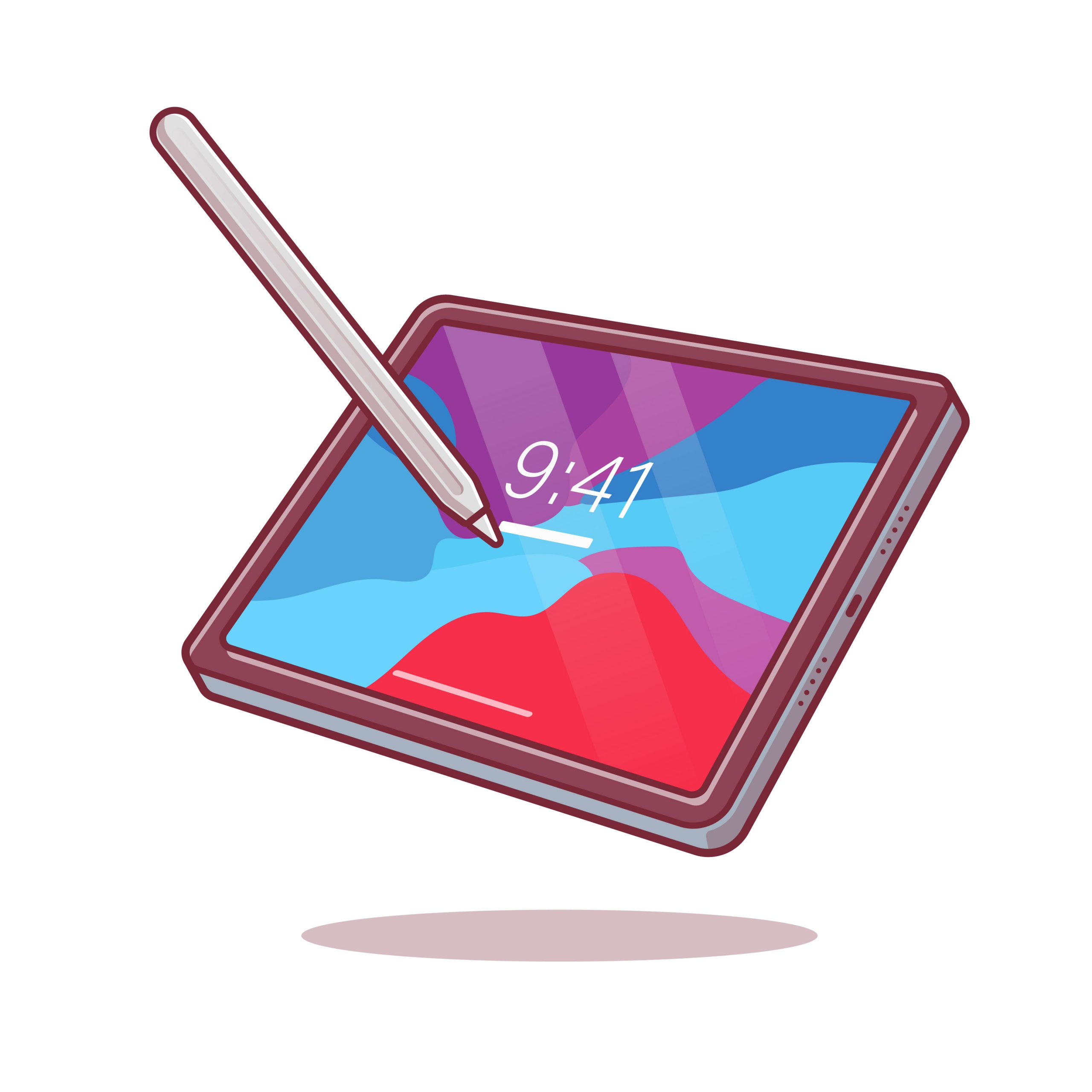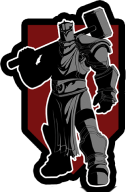2020 was a nightmare for all of us. After the pandemic and the stay-at-home policy, people had to tolerate prolonged and unbearable lockdowns. Every business had to face this new challenge to survive, and unfortunately, many did not succeed in this way and suffered significant losses.
I want to tell you how we faced this challenge at Polydin studio.
It is safe to say that the game industry has already had many successful experiences in remote work. But the quarantine’s main question was, “Are we ready for this?”
The answer was obvious, no! And although preparing ourselves to face this challenge cost us significant production time, it was inevitable.

Tools
We started the preparations by choosing the tools available for this form of work. However, introducing those tools is not the aim of this article. Thankfully, we live in the golden era of technology. There is a sea of practical, open-source, cost-effective financial plans or even completely free tools that you can find with a single Google search.
But there are some essential points to be considered in choosing these tools.
First, make a list of the things you want to do with these tools. Determining what you need to do to manage your studio production gives you an excellent idea of which tools you will need. Accurate knowledge of these tasks requires you to be familiar with all production strategies during your project’s production process and know exactly where your project is going to reach its endpoint.
To do a single kind of task, avoid choosing complex tools with a wide range of functions. The tool we choose mustn’t be complicated. For example, we need a screwdriver to open a screw. Choosing a wrench for such a job is futile.
Remember, learning to work with your chosen tools must be easy for your team members. If they can’t get used to the tool’s workspace quickly, it will take much production management time and deplete your members. Therefore, the user-friendliness of the tool and the possibility of learning it quickly for most members is a critical point for choosing a suitable tool.

Accessibility
Given that our quarantine work environment is not far from our cosy bedroom, with TV and many distractions nearby tempting us to put our work aside, it is very easy to lose focus.
In addition to that, there will often be other people on the team who have important business to do with us. Therefore, the unavailability of a team member when the other members need to be present is one of the biggest hidden traps that will hinder the production process. Because in such a situation, the immediate loss at the moment may seem very small and negligible. Still, when such behaviour (which in many cases is unintentional) becomes a habit, it will be a big disaster for production in the long run.
For many of our team members who are prone to laziness, the only solution was to separate the work environment from the living environment. Both of these environments are located in the same apartment. However, we simulated one of our rooms in the house to fit perfectly into the work environment. The simulation ranged from the appearance and lighting of the environment to changing habits such as preparing food during non-working times. The fact that we put ourselves in the fully working environment of our apartment during working hours helped solve the problem of our unavailability.

Maintain the Spirit
It is undeniable that human civilization flourished with the community’s help (Of course, I do not mean communism).
Everyone on the team needs to establish a friendly and regular relationship with the other team members during the day. Whether it’s a simple chat about the UEFA champions league while having tea or talking about E3 game announcements while smoking on the company’s balcony (Note that smoking can cause cancer).
One of the most painful hurdles of quarantine is the loss of such connections. In such a situation, it is very easy for many members of the team (who until recently used to meet and communicate face to face) to be disheartened and fall into the pit of depression or even experience mental collapse.
Setting a specific time of day for the team’s Café break can be very helpful in preventing such problems. In this way, we can take a break during the day and use the same teamwork tools for sitting down and talking to each other. In addition, we can try to communicate with one another on topics other than project issues. Although this type of virtual communication does not involve face-to-face contact, it is significantly effective.
It is great to hear from each other during these times and communicate with each other even during non-working hours. However, to prevent mental breakdowns during the quarantine, team members’ communication should not be limited to working hours. Not doing so would cause members to conclude that their coworkers only care about each other to get the project done.
Playing online games with each other is one of the best ways to spend time with the team. But I want to introduce you to the magic of storytelling and imagination. I mean “Dungeons & Dragons”.
At Polydin, one of our most effective solutions was to hold D&D sessions. We set a specific time of the week to play D&D. EvenW though we had to hold our sessions online, the magic of storytelling and imagination made such a simple pastime one of our team members’ most enjoyable and effective constant acts during quarantine. So much so that after we finished several campaigns, we had formed such an exciting story arc and decided to tell the story of one of the campaigns independently, developing it with the same characters to produce an attractive narrative-based product.
2020 was a challenging year for all the people around the planet. This horrible virus has claimed the lives of countless people in human society who are no longer with us. We may know many of them. People have fallen victim to this scourge even among our family and friends. Therefore, it seems pointless to say anything else at the end of this article. We wish peace upon the souls of all Covid-19 victims, and we hope that our world never faces such a catastrophe again.



